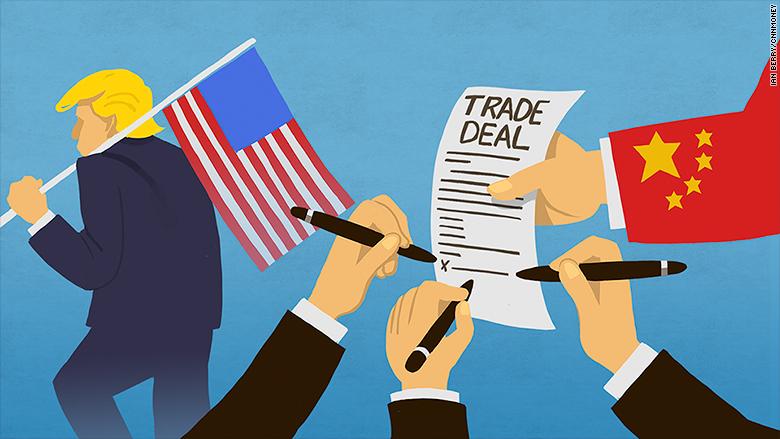Trump’s Rejection of the TPP
The Trans-Pacific Partnership would have forced countries like Vietnam and China to outlaw forced labor, and make labor unions legal. However, that hope was demolished when President Trump pulled the U.S. out of the Trans-Pacific Partnership. Throughout Trump’s campaign, he referred to the T.P.P. as the “worst economic deal ever;” however, there were many advantages of the T.P.P. Not only improving working conditions overseas, the T.P.P. In the T.P.P., trade relationships would have been set with Japan, Malaysia, Brunei, New Zealand, and Vietnam.
Those trade relationships are now history because of Trump’s action. The T.P.P.’s main focus was to improve labor standards abroad. But with the improvement of labor comes a higher cost of goods. This tradeoff between labor standards and cost (with Trump favoring cost, as a president who centers on the U.S. economy), labor standards apparently were not the U.S.’s main concern.
Labor standards should have an equal weight as the cost of a product. Although Trump’s action was logical, I do not agree with it. Abolishing a trade agreement with many foreign countries, that sought out to improve international relations and improve working conditions no less, should not be the main item on the U.S.’s agenda. When Trump sits in his chair in the Oval Office, he is representing all of us.
Improving labor standards is an extremely important and humane action. If this bill came up to a normal U.S. citizen, working conditions would outweigh the increased cost of imported goods. However, Trump is not a normal U.S. citizen. Growing up rich, bedazzling his houses with gold, owning mansions that were built by people he didn’t pay, I don’t think Trump cares about labor conditions overseas. He only cares about the strength of the U.S. economy, which is important, but not as important as overseas working conditions.








![Presidential Rizz [RANKED]](https://amhsnewspaper.com/wp-content/uploads/2024/03/jfk-600x338.jpg)




